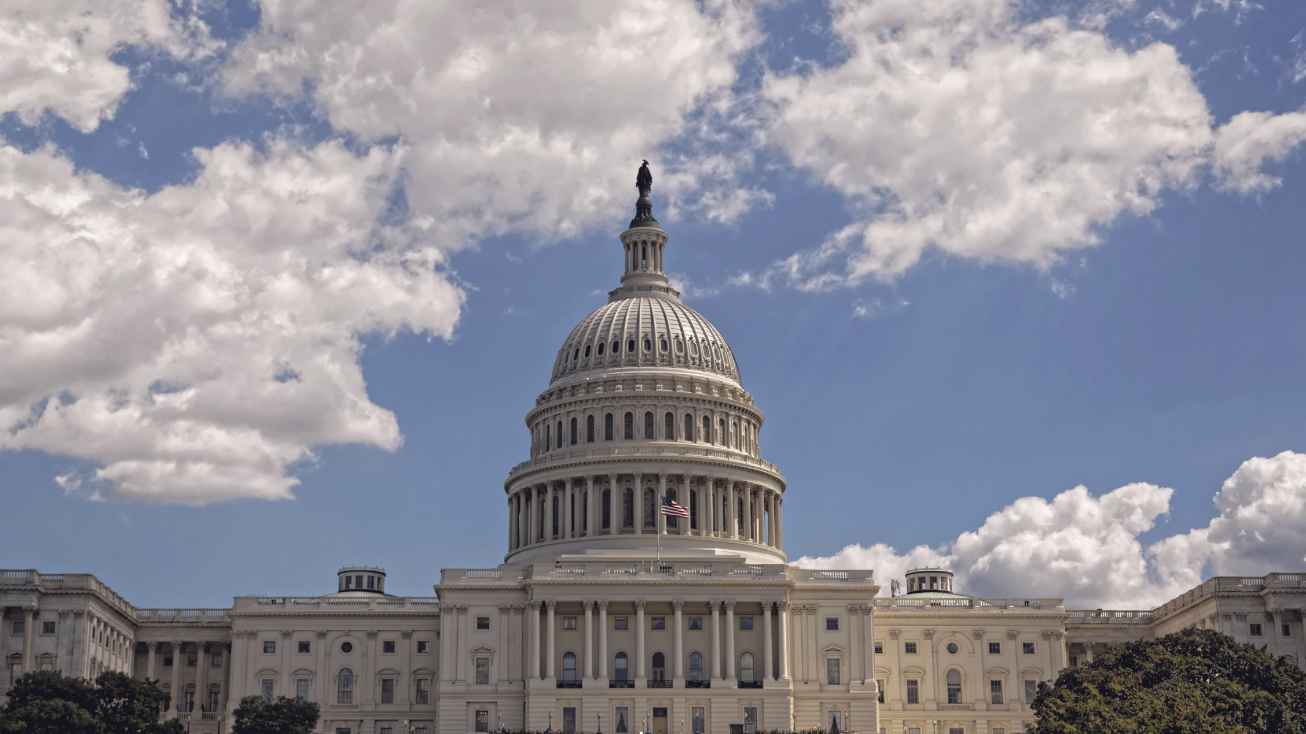Many agencies of the U.S. government are involved in encouraging and facilitating international student mobility to the United States by ensuring that international students understand the process of coming to the United States, by explaining how to register with the appropriate authorities, and by encouraging students to maximize their learning experience safely and legally.
- The U.S. Department of State provides information about opportunities for study in the United States through the Bureau of Educational and Cultural Affairs (ECA). In addition to offering information, ECA operates exchange programs that facilitate international student mobility, such as the Fulbright, Humphrey, and English language programs. The Bureau of Consular Affairs provides information about understanding the student visa process.
- The U.S. Department of Homeland Security (DHS) is responsible for maintaining data on international students who come to the United States to study. DHS's Student and Exchange Visitor Program (SEVP) works both with international students and designated school officials (DSOs) at U.S. institutions of higher education that host international students. The Department also maintains a website with additional information called Study in the States.
- The U.S. Department of Education maintains a database of accredited postsecondary institutions and programs. The Department also supports U.S. students in their study of foreign languages and world regions.
- As part of the U.S. Department of Commerce, the U.S. Commercial Service offers valuable assistance to American businesses exporting goods and services, including the provision of education for international students. They are part of a global network of trade specialists dedicated to assisting U.S. commercial interests worldwide. Trade specialists at over 100 domestic and over 150 international locations, including partner posts, are happy to help identify trade opportunities and local potential trading partners within their respective regions and industry sectors. To get started, please contact your local U.S. Export Assistance Center, searchable by location.
Learn more about international resources and guidance from the U.S. Department of Commerce, U.S. Department of Education, Federal Bureau of Investigation, Department of Homeland Security/U.S. Immigration and Customs Enforcement (ICE), National Science Foundation, and U.S. Department of State. (Download the PDF).
The U.S. Embassy or Consulate nearest you is an excellent resource and may host offices or programs of the above-listed agencies.











